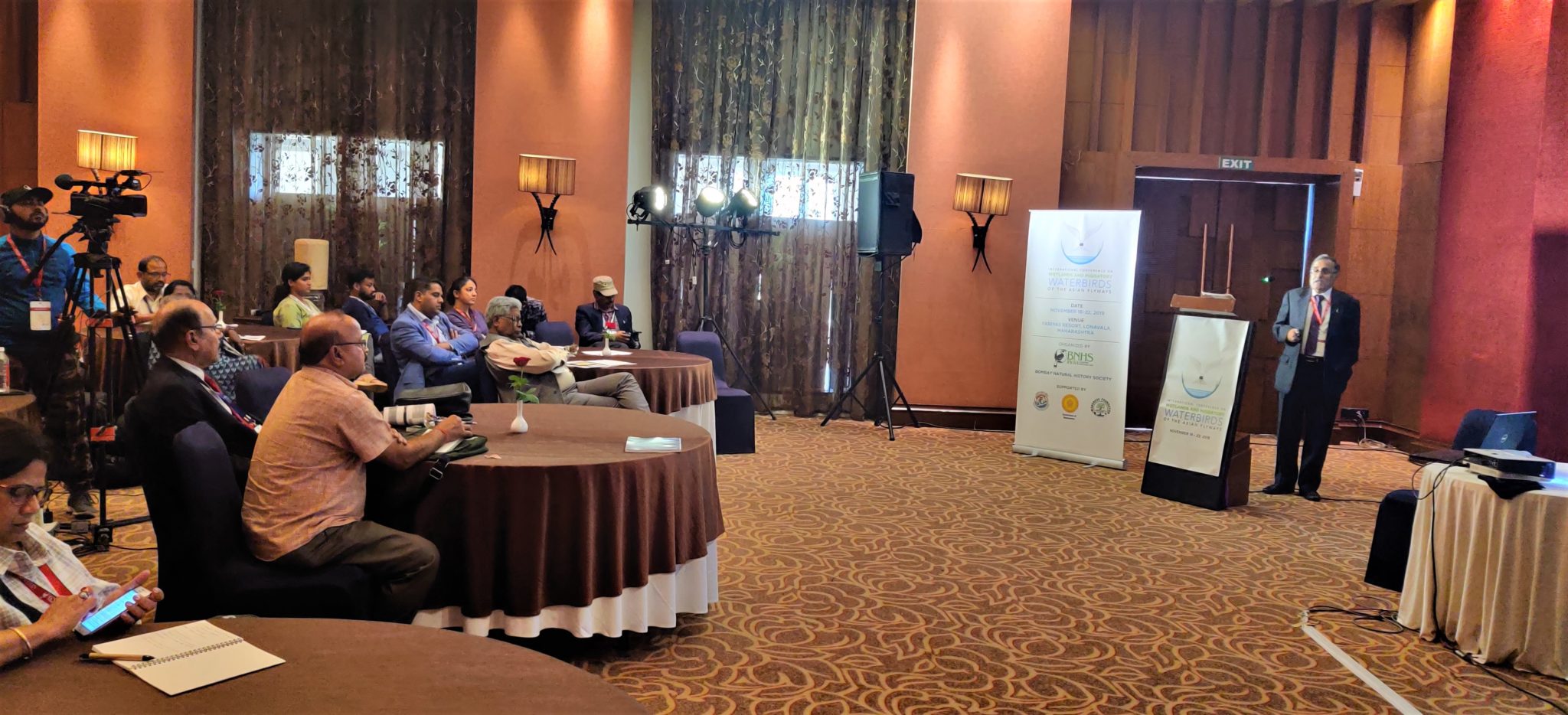
Side Event on ‘Integrated management of wetlands: Opportunities and Challenges’ at the International Conference on Wetlands and Migratory Waterbirds of the Asian Flyway
-
Integrated management planning
-
Wetland values, status and trends
India’s National Wetlands Programme since its inception in 1985 has stressed on conservation of wetlands to be guided by integrated management plans, prepared based on holistic evaluation of wetlands features and their governing factors considering river basin and coastal zone scale interactions, as well as addressing the needs of communities living in and around the wetlands and dependent on their resources for sustenance. The results of management plans implementation have, however, been mixed, with few successes. Sectoral governance, weak research-management interface, patchy monitoring and evaluation mechanisms, and limited convergence with developmental programming have emerged as significant barriers. Management plan implementation requires coordination across various line departments, and thus capabilities beyond the management of protected areas, which is often not discernible in agencies entrusted with management plan implementation.
Reflecting on experiences of over four decades, Wetlands International South Asia organized a side event on ‘integrated management of wetlands: opportunities and challenges’ at the International Conference on Wetlands and Migratory Waterbirds held at Lonavala during November 18-22, 2019.
Setting the scene, Dr Sidharth Kaul (President, Wetlands International South Asia) marked the journey of establishing a national wetlands programme, and the challenges thereof. Dr Asad Rahmani (Member, Governing Body, Wetlands International South Asia) reflected on several flawed assumptions made in wetlands management in the country, leading to deleterious impacts. Key amongst those was altering wetlands natural regimes to ensure water permanence, and preventing beneficial hydrological shocks due to periodic drying.
Mr Suresh Kumar (Director, River and Wetlands Programme, WWF-India) discussed several case studies wherein water security interventions by not recognizing the role of natural wetlands, had actually made the landscape water insecure. Dr Ritesh Kumar (Director, Wetlands International South Asia brought to fore the challenges in bridging languages while conveying the value of wetlands for societal well-being.
At close, the panelists concluded that integrated management of wetlands would require greater inter-sectoral collaboration and hybrid approaches, which cater for societal well-being while not compromising the ecosystem services and biodiversity values of these fragile ecosystems.
